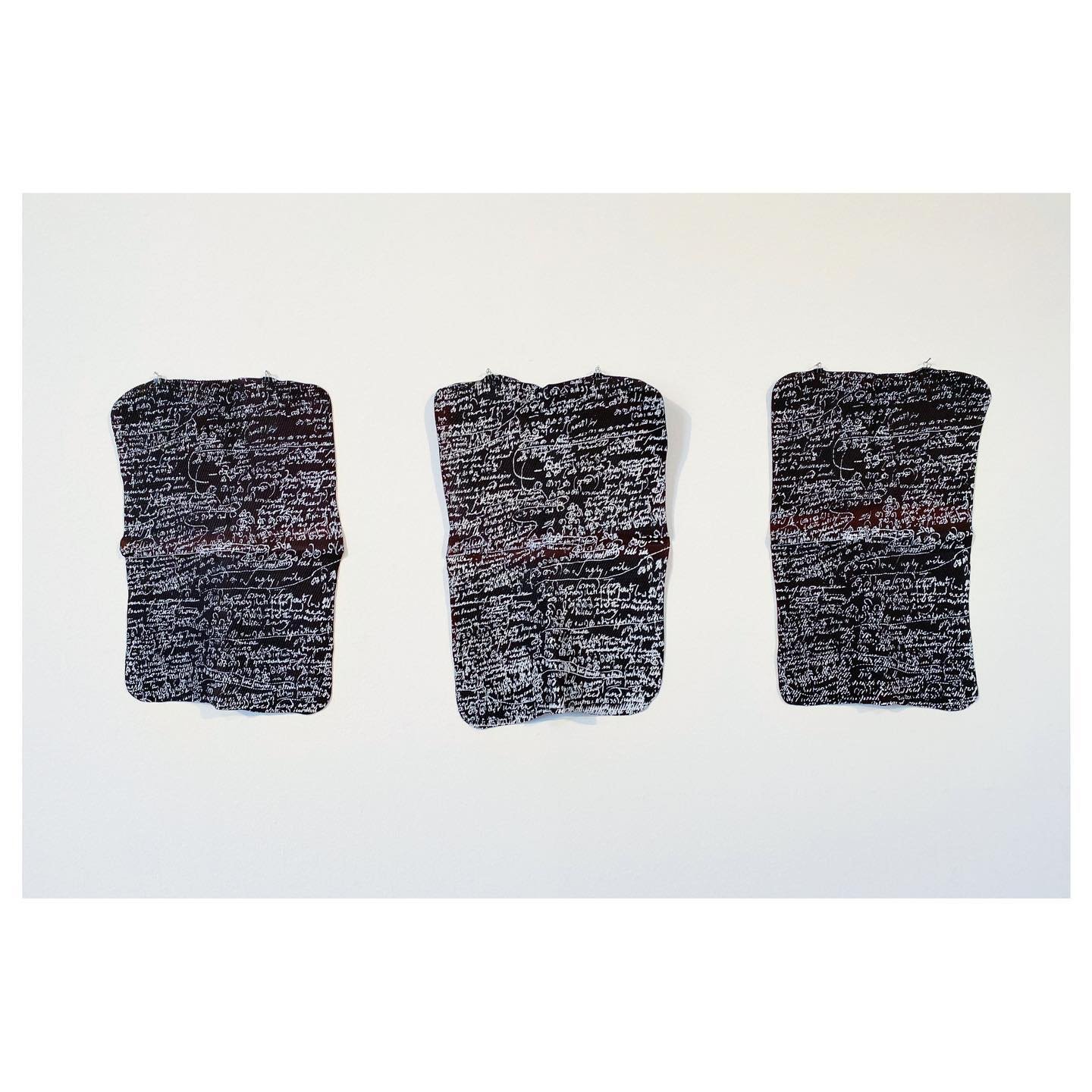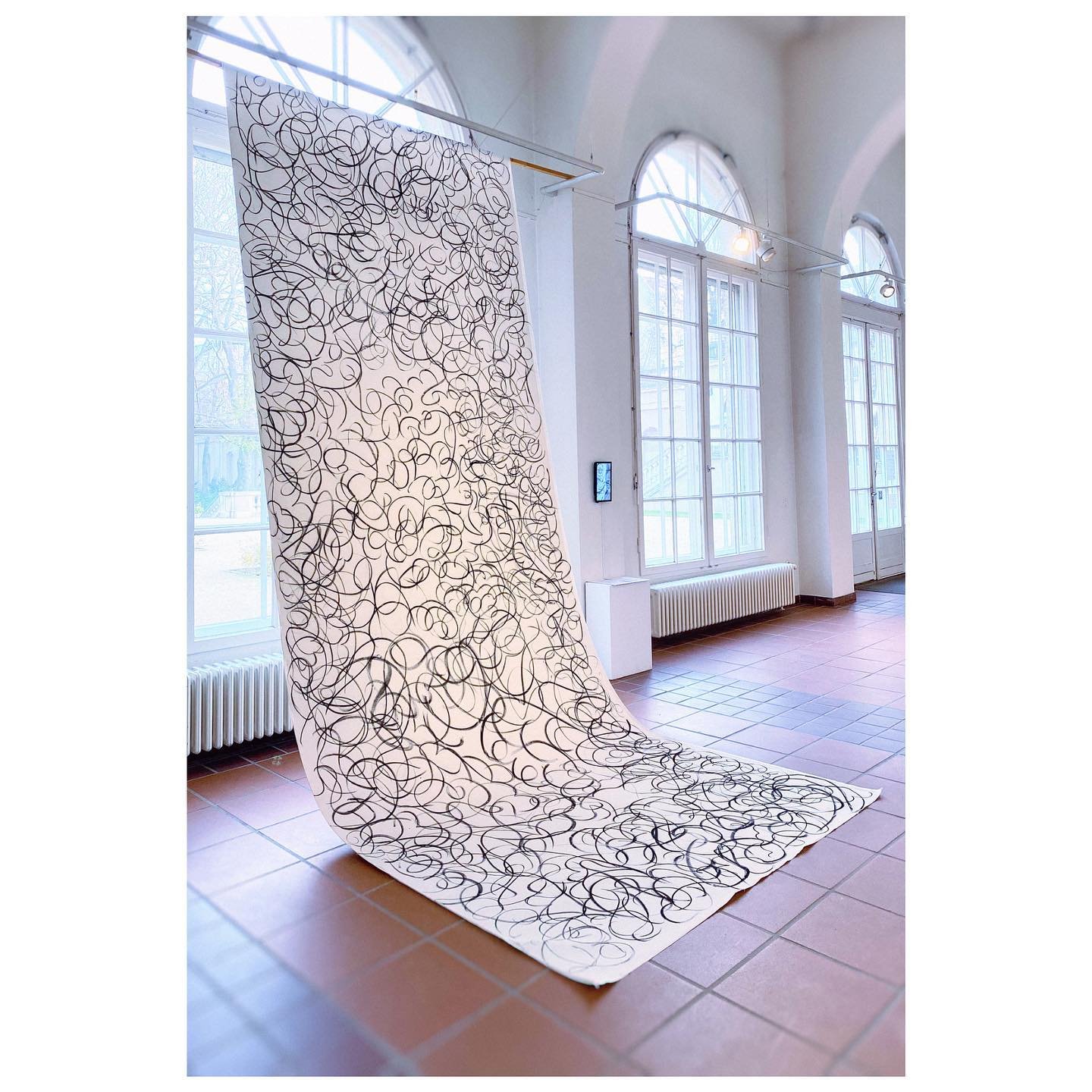“In his artistic practice, Sajan Mani explores his mother tongue Malayalam and its complicated cultural and historical relationship to Germany. In particular, with the German missionary and linguist Hermann Gundert (Hermann Hesse’s grandfather). He standardised Malayalam and published several books in Malayalam at the end of the 19th century, including the first dictionary. Conversion to Christianity enabled Dalits, who were strictly forbidden to read and write, to leave repressive social hierarchies and economic marginalisation. Nevertheless, Gundert’s work took place in a colonial context. This is reflected today in the fact that archives in Germany store a multitude of materials related to the history of Dalits from Kerala, but are difficult to access for artists and scholars from Kerala. These include anthropological photographs with colonial racist gaze regimes and postcards/letters/palm leaf manuscripts in Malayalam. Dalit history is also erased and devalued in Hindu myths and epics, manipulated or appropriated through Brahmanical knowledge production.
Sajan Mani, who grew up as a ‘Black Dalit Body’ in a village in Kerala, tries to delve into these various archives and find traces of grandmothers, grandfathers and more-than-human ancestors. As a resistant practice against this hegemonic historiography and knowledge production, he develops creative counter-narratives and speculative imaginative worlds.”
Serigraphs On Natural Rubber
Serigraphs On Natural Rubber
Serigraphs On Natural Rubber
Serigraphs On Natural Rubber
Charcoal on paper
Charcoal on paper





